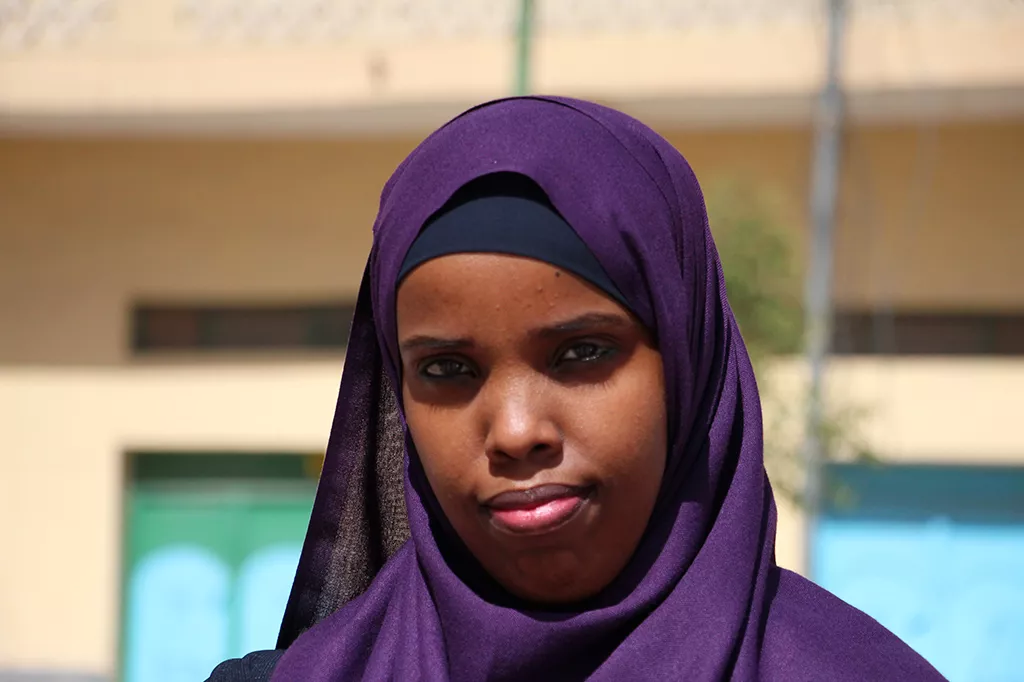Peace building in the Somaliland-Puntland territorial dispute

The territorial conflict between the breakaway Somali states Puntland and Somaliland goes back to the colonial era. The two regions then fell under two different colonial administrations – Somaliland under the British and Puntland under the Italian. In between the two states is a land area claimed by both parties and is populated by around half a million people.
The contested strip of land was previously a British Protectorate. Somaliland’s claim to the territory is based on the former colonial boarder lines. Puntland on the other hand is arguing their land claim based on the population residing the land, a majority of people identifying with Puntland.
To local authority and governments of respective states, interests should be seen from the light of territorial gain, trade routes and access to the oil hidden in its soil. Oil reserves which have prompt the attraction of multinational companies such as Lundin oil. To the local communities the conflict is slimmed down to every day survival and access to water and grazing lands. In a semi-desert country where livelihoods mainly derive from livestock farming; water and grazing areas are the fundaments to life.
-To the communities the conflict runs deep and every now and then violence is triggered by the scarcity of water and by the limited land cattle can use for grazing, Suleiman Tukele explains.
Suleiman Tukele is the CEO of NGO Amal, based in Somaliland. During the last year the organization has been busy trying to establish dialogues between clans and tribes in the disputed area. Together with Puntland based NGO NWSDO they reach out to elders representing the two sides of the conflict.
-The conflict is very much a political conflict but our entry point is the communities living in the area. We mobilize people. Because the peace process must be owned by the people it affects. When we manage to negotiate peace between groups the elderly themselves will influence their respective politicians. That is how we reach the political level of peace negotiation.
Fadumo Osman, Programme officer at Amal, describes a conflict that often becomes a show of muscle flexing, the bigger camel herd the bigger the claim to the natural resources. In this context, both conflict and peace building has the face of a man.
-When tension rise, it is men that will gather around a table and organize a conflict. Yet, under the radar it is women who every day mitigate the conflict, Fadumo says.
Fadumo explains how women’s different relationship to the conflict prompts a different approach to solutions. Women are responsible for the household and as such they have the closest relationship to the natural resources. They collect the fire wood, they collect the water and it is them who negotiate the limited access to resources on a daily basis. Questions of dispute is often negotiated and settled between the women of different groups, outside of any male interference.
Although it is early days for the peace building initiative carried out by the two organizations Amal and NWSDO there is hope for the future. So far, Amal alone has managed to involve roughly 150 people with more counting as the project enters its second year.
-We plan to create media campaigns to build support for the peace process here in the region but also for diaspora abroad. We need more elders advocating and putting pressure on political leaders to work for peace. And not least, we need more women involved and included in the process, Fadumo outlines.
Andra nyheter

The power of people powered Public-Private Partnerships
Public–Private Partnerships (PPPs) are often discussed in terms of roads, power plants, housing, and other large infrastructure projects. But as discussed on the People’s Partnership Podcast, PPPs are...

ForumCiv’s social media accounts labelled as “extremist materials” in Belarus
Important message to our Belarusian followers. Any interaction with our content can now lead to legal consequences in Belarus. Please read the information below and take the necessary precautions for...

ForumCiv enters new strategic partnership
ForumCiv is proud to announce a new three-year strategic partnership with Sida, totalling SEK 137 million.